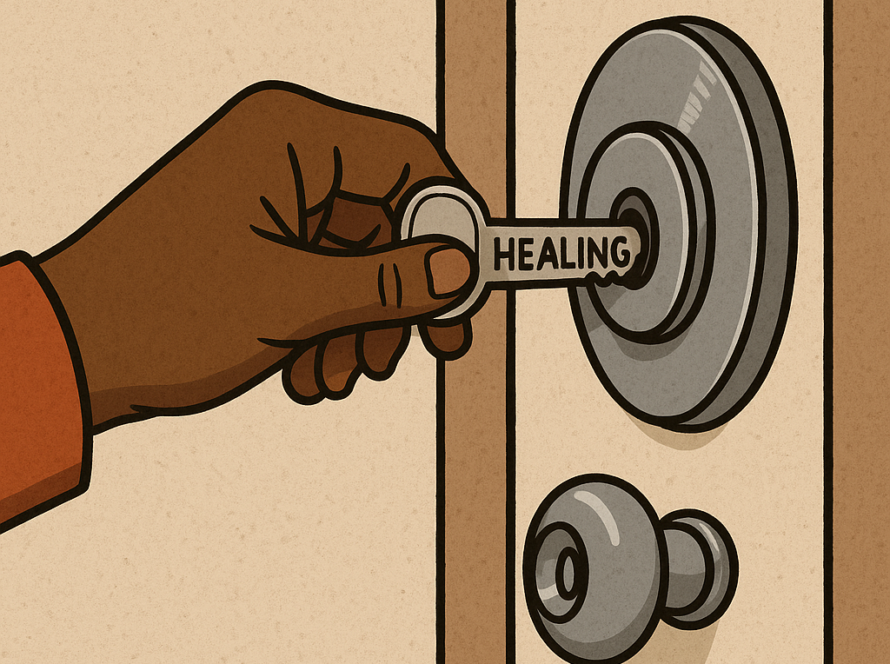You prepare for weeks for a job interview—then oversleep. You start a new relationship—then pick fights over nothing. You commit to a fitness goal—then “forget” your gym shoes.
If this sounds familiar, you’re not broken. You’re likely caught in self-sabotage: your mind’s twisted attempt to “protect” you. Let’s decode that voice in your head and reclaim your power.
Meet Your Inner Saboteur: The Voice That Lies to You
Self-sabotage isn’t laziness or bad luck. It’s your brain’s survival mechanism gone rogue. That critical inner voice whispers things like:
- “You’ll fail anyway—why try?”
- “Don’t get your hopes up.”
- “You don’t deserve this.”
Why it exists: Early experiences (criticism, trauma, or failure) wire your brain to avoid risk—even if it costs your growth.
4 Types of Self-Sabotage (and Their Hidden Payoffs)
| Behavior | What It Looks Like | Why You Do It |
|---|---|---|
| Procrastination | “I’ll start tomorrow.” | Fear of judgment if you try & fail |
| Perfectionism | Never finishing projects | Avoiding criticism by never “submitting” work |
| Imposter Syndrome | “I got lucky, not skilled.” | Dodging expectations of future success |
| Relationship Chaos | Pushing away loving partners | Fear of vulnerability or abandonment |
Why Your Brain Betrays You: The Science
Self-sabotage is a safety addiction. Your brain prefers familiar misery over uncertain joy because:
- Certainty feels safe: Even failure is predictable.
- Dopamine loops: Criticizing yourself releases cortisol (stress), then dopamine (relief) when you “prove” the critic right.
- Fear of success: Subconsciously, achievement = higher expectations = pressure to keep winning.
How to Silence the Saboteur: 5 Actionable Steps
1. Name the Voice
Call it out: “Ah, that’s my ‘Not Good Enough’ story again.” Separating you from the voice weakens its power.
2. Ask: “What Am I Protecting?”
Self-sabotage always has a “benefit”:
- Procrastinating? “I’m protecting myself from rejection.”
- Overworking? “I’m avoiding quiet moments where grief surfaces.”
3. Rewire with Evidence
Keep a “Wins Journal.” When the voice says “You always mess up,” counter with:
- “Nope—I nailed that presentation Tuesday.”
- “I cooked a healthy meal yesterday.”
4. Embrace the “5% Rule”
Instead of “Run 5km,” start with “Put on running shoes.” Tiny actions build momentum without triggering fear.
5. Practice Self-Compassion
Talk to yourself like a friend:
- “This is hard, and it’s okay to be scared.”
- “Mistakes don’t define me—they’re data.”
Real-Life Breakthrough: Riya’s Story
Riya*, 29, self-sabotaged promotions by “forgetting” deadlines. Therapy revealed a childhood belief: “Standing out = rejection.” She:
- Named her saboteur “The Hider.”
- Started submitting drafts to colleagues for “practice feedback.”
- Celebrated imperfect progress with small rewards.
Within months, she led her first project successfully.
*Name changed for privacy.
When to Seek Help
Self-sabotage becomes toxic when:
- It damages relationships/careers.
- You feel trapped in guilt-shame cycles.
- It coexists with depression or anxiety.
Therapy tools like CBT, IFS, or ACT can dismantle these patterns at their roots.
Final Thoughts: Your Saboteur is a Scared Child
That voice isn’t your enemy—it’s a wounded part of you trying to help. By understanding its fears, you can transform self-sabotage into self-support.
Ready to break free? Reach out to us at +91-9310885868 – we’re here for you.
What’s your self-sabotage “tell”? (Mine: cleaning before important work!) Share below—we’ve all got one!



